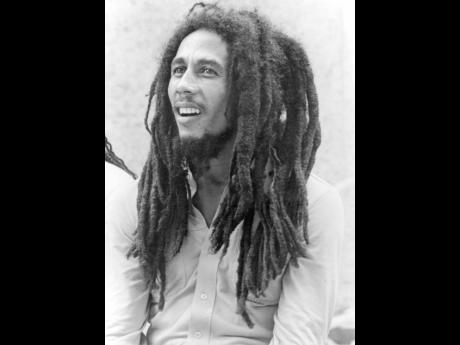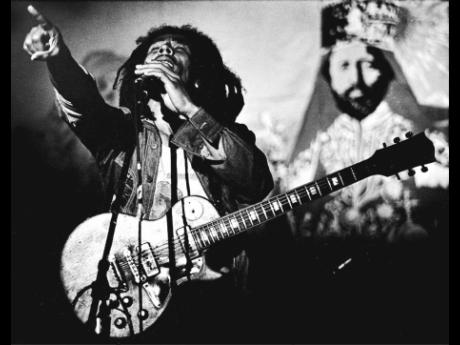‘Hypocrites’ embracing Bob – Samuels - Attorney-at-law speaks Marley’s message of protest on the 75th anniversary of his birth
Attorney-at-law and reggae music connoisseur Bert Samuels has a deep respect for the music and the message of iconic reggae singer Robert Nesta ‘Bob’ Marley, who would have celebrated his 75th birthday today. But he also has a case against the “hypocrites and parasites” who, he claims, have now leeched on Marley’s fame.
The messages of protest and anti-establishment expounded by Bob Marley and other singers in the era of the ‘70S, resounded with special effect when Samuels was a teen growing up.
“I fell in love with reggae because it was protest music. We were children of the ‘70s. The black power movement, the pro-Rasta feelings that we had about the victimisation of Rastas; as a teenager, I found that reggae spoke to that,” he told The Gleaner during a recent interview.
But, as Samuels recalled, that was also a time when attempts were made to diminish the sound of reggae music and curtail the progressiveness of its musicians.
“I come from a time when reggae music couldn’t be played on a Sunday and Bob Marley was seen by society, by uptown people, and even his own family, as a ‘dutty Rasta bwoy smoking ganja’,” he reminisced. “When you read Bob and Me [ : The Real Bob Marley Story, a book by Don Taylor], you see in it how he went to an uncle, or a cousin, who was a lawyer called Marley in Duke Street, possibly this very office, by my research. And when they asked what he was there for, he told them he was looking some money to help press some records. And when his relative heard that, the next him know dem called the police. He had to leave the office.”
The reason for this, Samuels noted, was simple, and he gets passionate talking about the “hypocrites” who viewed reggae artistes and Rastas “as the scum of the Jamaican society, until Bob Marley was accepted outside of Jamaica”.
He added: “And the hypocrites and parasites have now come to embrace him. And they are indeed parasites, because if you resent something, why are you now living off it? Why do you want it to be your brand? Bob Marley was rejected as a dutty Rasta boy when he was growing up. And that’s why some of his lyrics are so bitter.”
Samuels breaks out in song, crooning a line from Bob Marley and the Wailers’ We And Them.
“ Me nuh have no friend inna high society. That’s Bob Marley’s lines, but now he has so many hypocrite friends,” he said.



